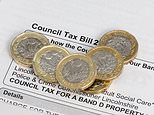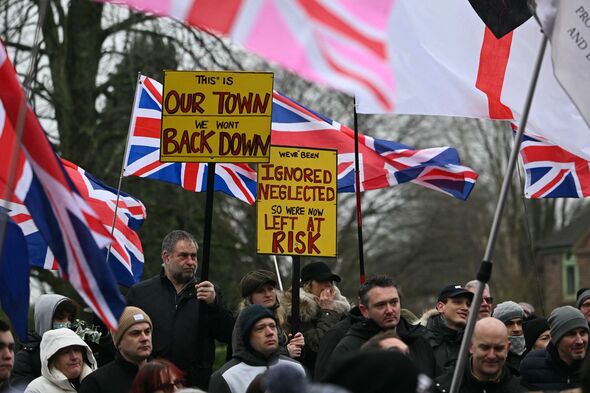The Conservative Party has raised concerns over proposed changes to council tax bands in England, accusing the Labour Party of orchestrating a plan that could significantly increase financial burdens on households. According to statements from Conservative housing spokesman, the proposal put forth by Labour could result in households in the top tax band paying nearly nine times more than those in the lowest band.
This accusation comes in the wake of Labour’s proposal to implement a total of 14 council tax bands, a move that critics argue would disproportionately impact families in Middle England. The shadow housing secretary, whose name has not been disclosed in the recent discussions, described the initiative as a “Left-wing plot” aimed at extracting more money from the public.
Reeves, the Conservative housing spokesman, emphasized that while the proposal might be framed as a reform, it risks penalizing hard-working families. He stated that the potential for increased tax burdens raises significant concerns about affordability and economic fairness. The Conservative Party argues that such a system would not only complicate the current tax structure but also exacerbate existing inequalities, making it harder for lower-income households to manage their financial obligations.
In response, Labour party officials have defended their position, asserting that the proposed changes would provide a fairer distribution of tax liability across different income levels. They argue that the current system is outdated and does not reflect the varying values of properties across the country. Labour officials contend that this change is necessary to create a more equitable approach to taxation, particularly in light of rising property values.
The debate over council tax bands has intensified as both parties prepare for upcoming elections. The Conservative Party’s allegations suggest that this issue will be a central theme in political campaigns, with both parties seeking to sway public opinion on tax policy. The potential implementation of the new bands could reshape the financial landscape for many households in England, making it a topic of significant public interest.
As the conversation continues, it remains to be seen how this debate will evolve and what impact it may have on voters. With growing scrutiny on taxation and public spending, the outcome of this discussion could have lasting implications for both parties and their constituents.







